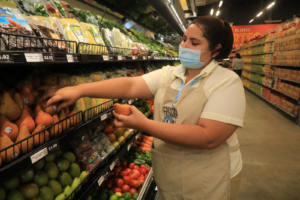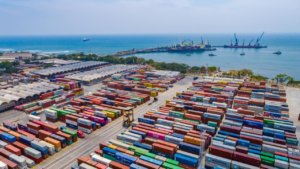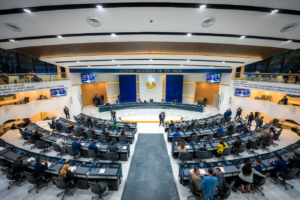
The minister of Labor confirmed that the government is making progress on a plan to address the informal economy in El Salvador, a sector that, despite being outside the legal framework, moves millions of dollars in the national economy.
According to a 2022 study by the Asociación Bancaria Salvadoreña (ABANSA) cited by the official, illegal moneylenders and loan sharks alone accounted for nearly US$617 million in transactions, reflecting the magnitude of money circulating without fiscal controls or legal guarantees for workers.
The minister explained that the government strategy is supported by the International Labor Organization (ILO) and that work is currently underway to stratify informality. This classification differentiates between those who operate small subsistence businesses and those who, despite transacting thousands of dollars daily, remain in the informal sector to evade tax and labor responsibilities.

“There are people who have always lived in the informal sector because they’ve done well, they move a lot of cash, and they carry out large-volume daily financial transactions”, he noted.
The official announced that the first report with proposals to address the problem will be presented to the President of the Republic in the coming days, with the support of workers and employers. He also stated that international experiences are being studied and adapted to the salvadoran reality.
The government considers this initiative a cross-cutting and strategic issue, not only because of the need to guarantee labor rights, but also because of the potential for revenue collection and economic stability that would be achieved by integrating those who already operate with high levels of capital in the informal economy into the formal sector.







